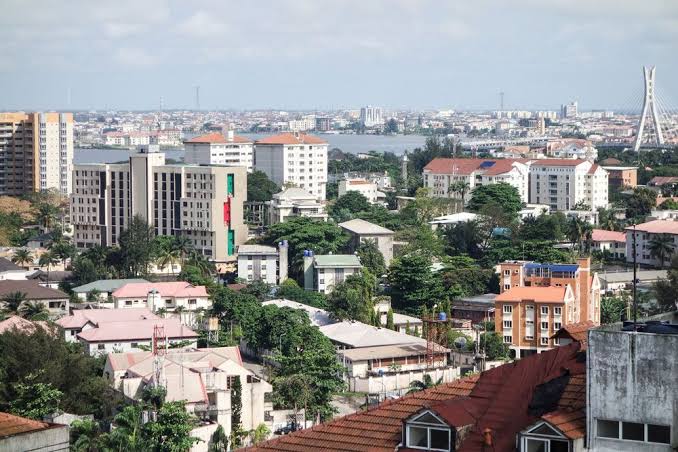
Is Nigeria ripe for an Industrial Revolution
Nigeria has the potential to undergo an industrial revolution given its large population, abundant natural resources, and strategic location in Africa. However, there are several factors that need to be addressed before the country can fully realize this potential.
Firstly, infrastructure development is crucial for industrialization. Nigeria’s infrastructure, such as roads, railways, and power supply, are inadequate and require significant investment to be brought up to the level needed to support large-scale industrialization.
Secondly, the business environment needs to be improved to attract foreign investment and encourage local entrepreneurship. This includes addressing issues such as corruption, regulatory bottlenecks, and insecurity that can hinder investment and business growth.
Thirdly, Nigeria needs to focus on developing its human capital, particularly in the areas of science, technology, engineering, and mathematics (STEM), which are essential for industrialization. This can be achieved through improving the education system and providing training and upskilling opportunities to the workforce.
Fourthly, Nigeria needs to diversify its economy away from oil dependence and invest in other sectors such as agriculture, manufacturing, and services, which can create jobs and contribute to economic growth.
Finally, Nigeria needs to prioritize innovation and technology development, which can help drive productivity and competitiveness in the economy.
In conclusion, while Nigeria has the potential to undergo an industrial revolution, significant reforms and investments are needed to address the challenges and unlock the country’s potential for sustained industrialization and economic growth.


